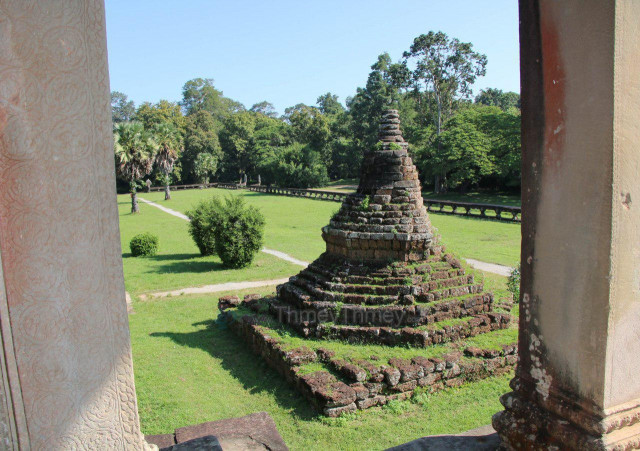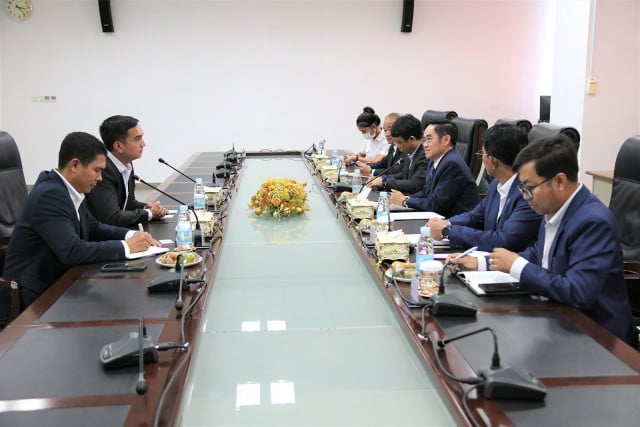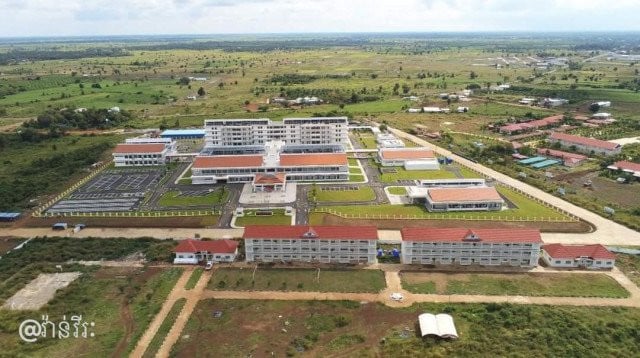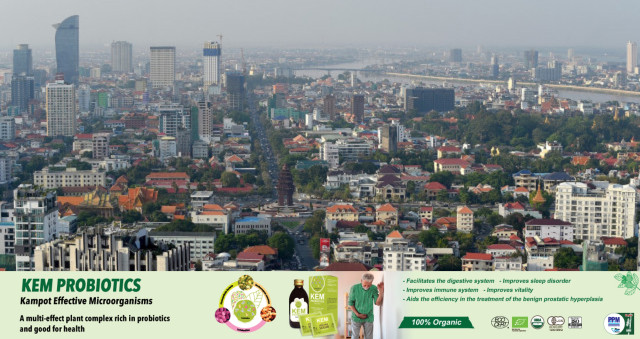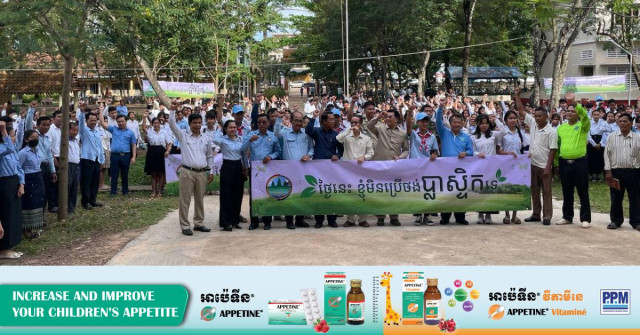Opinion: Politicians Must Prioritize Citizens’ Needs over Political Insults
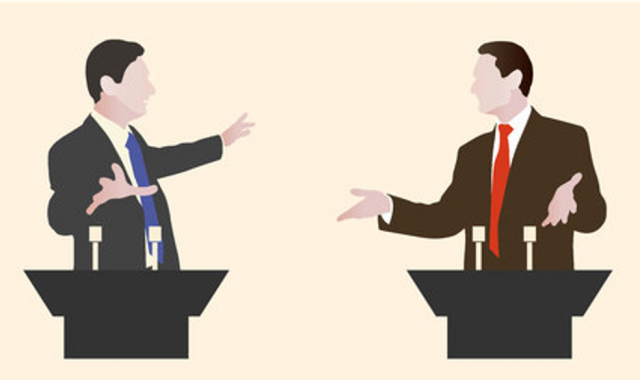
- By Mao Sopha
- October 12, 2021 6:20 PM
Cambodians must end blind support for politicians who appear to spend more time arguing among each other than they do addressing the country’s urgent needs for development
Cambodia will never move forwards if politicians continue to prioritize vengeance over the pursuit of national interests and yet nearly every politician—claiming to hold the needs of the nation and the citizens at the heart of their motivation—seems more motivated by personal vengeance masked as patriotism.
Cambodians, then, are caught in the middle between warring factions of politicians.
It is far from uncommon that we see politicians attack each other verbally. These attacks may be true, they may be false, they may target their opponent, they may also target their opponent’s family—they turn our world into a stage for their own political ambitions, leading to a chaotic society.
We see this with the former opposition politicians, who go after the ruling party and their politicians who, in response, use their power and their control of the governing bodies to further oppress the opposition politicians.
It is a vicious cycle of attrition, with criticism from the opposition being met with legislation that further outlaws the activities of critics. In the process of these constant battles, the point of politics is lost to vengeance and, arguably, even hatred. Many of Cambodia’s most prominent politicians from different parties abhor one another.
Instead of working for a better future for Cambodians, politicians of both sides spend their time insulting, mocking, insinuating, accusing, framing and labelling one another almost for the sake of provocation alone.
There are no benefits for the average Cambodian nor for the nation in these back-and-forth personal attacks among politicians. Today, there is a growing disdain for all politicians, regardless of party, because they produce no new ideas on the future of the country—only new insults to sling at one another. These denunciations have continued, even as Cambodians endure the hardships wrought by the COVID-19 pandemic.
People could be forgiven for thinking that the only reason anyone enters politics is to exact some vengeance upon a rival. Certainly, there appears little interest in addressing the problems that concern the public and politicians’ inability to see beyond their own squabbles further stymies useful development in Cambodia.
We need politicians to take a step back, end the endless insulting and help the country move on by moving on from their own personal conflicts. The needs of the citizens need to be prioritized.
The democratic principles which Cambodia is supposed to enjoy allow for people to criticize, but not to attack each other in such a shameless messy fashion. If our politicians cannot abide by these ethics, how can our society be expected to avoid chaos with such examples?
Politicians are important individuals whose actions can determine our national solidarity or accelerate our decline. The behavior of politicians shapes a country, it determines the national discourse and the way that discourse is held—if they cannot be civil, how can our society be civil?
Throughout Cambodia’s history, but also throughout world history, we can see too many examples of national collapse due to divisive language—an “us and them” mentality—that has stemmed from the failure of politicians to work collectively for a better future or to solve problems. History has taught us that such a failure can lead to violent demonstrations, armed conflicts or even civil war.
So, for the average citizen, there needs to be a fundamental shift away from the unconditional support of their favorite politician—whoever that may be—and they need to abandon the habit of blindly agreeing or disagreeing with others based on what their political idols may have said.
Citizens must think for themselves, believe in themselves and remember that this is their country and that they should think independently about what the future of Cambodia should look like, to do so means not devoting too much of themselves to any politician.
Translated by Meng Seavmey






